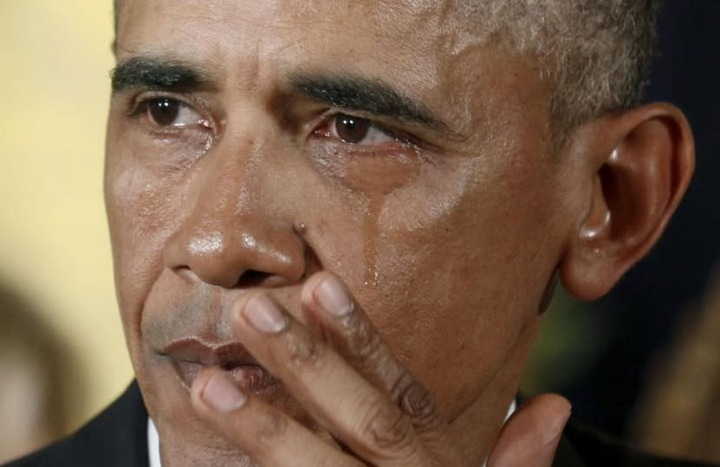Presidential Leadership: Obamas Emotional Intelligence and Its Impact on Modern Politics

The Human Side of Presidential Leadership
Political leadership often requires a delicate balance between strength and vulnerability, authority and empathy. Former President Barack Obama’s approach to leadership demonstrated how authentic emotional expression can enhance rather than diminish presidential effectiveness. His capacity to show genuine emotion during challenging moments has become a defining characteristic of his leadership style.
Emotional Intelligence in Executive Decision Making
Throughout his presidency, Obama consistently displayed what leadership experts call emotional intelligence – the ability to recognize, understand, and manage emotions while effectively relating to others. This leadership quality proved particularly valuable during national crises, policy debates, and moments requiring presidential guidance.
Presidential scholars note that Obama’s willingness to display authentic emotion created stronger connections with citizens across diverse demographics. His approach challenged traditional expectations of stoic political leadership, demonstrating that emotional authenticity could strengthen rather than weaken executive authority.
Leadership Communication and Public Trust
Effective presidential communication requires more than policy expertise or rhetorical skill. Obama’s leadership style incorporated emotional authenticity that resonated with audiences seeking genuine connection from their elected officials. This communication approach built significant public trust and enhanced his effectiveness as a national leader.
Political analysts observe that Obama’s emotional responses during significant national events created memorable moments that strengthened his relationship with the American people. These instances of vulnerability humanized the presidency while maintaining presidential dignity and authority.
Crisis Leadership and Empathetic Response
Presidential leadership during national tragedies demands both strength and compassion. Obama’s capacity to express appropriate emotional responses during difficult times demonstrated sophisticated crisis leadership skills. His ability to balance personal emotion with presidential responsibility became a model for executive leadership under pressure.
Leadership experts emphasize that Obama’s emotional authenticity during challenging moments helped unite communities and provided comfort during periods of national grief or uncertainty. This leadership approach proved particularly effective in building bipartisan support and fostering national healing.
Modern Political Leadership Evolution
Contemporary political leadership increasingly values emotional intelligence alongside traditional executive skills. Obama’s presidency highlighted how emotional authenticity could enhance political effectiveness rather than compromise leadership credibility. This evolution reflects changing public expectations of elected officials.
Political scientists note that Obama’s leadership style influenced how subsequent political leaders approach emotional expression and public communication. His presidency demonstrated that vulnerability and strength could coexist in effective political leadership.
Legacy of Compassionate Leadership
Obama’s leadership legacy includes his demonstration that presidential effectiveness could be enhanced through emotional authenticity and empathetic communication. His approach to executive leadership created a template for combining strength with compassion in political service.
Leadership scholars recognize Obama’s presidency as significant in expanding definitions of effective political leadership. His capacity to express genuine emotion while maintaining presidential authority created new possibilities for authentic political communication.
Impact on Democratic Governance
Authentic leadership communication strengthens democratic institutions by building trust between citizens and elected officials. Obama’s emotional intelligence in leadership roles demonstrated how genuine connection could enhance democratic participation and civic engagement.
Political researchers observe that Obama’s leadership style contributed to increased civic participation and political engagement among diverse communities. His authentic approach to presidential communication created models for effective democratic leadership.
Contemporary Leadership Lessons
Modern political leaders continue studying Obama’s approach to emotional intelligence and authentic communication. His presidency provides valuable lessons about balancing vulnerability with authority, empathy with decision-making, and personal authenticity with public responsibility.
Leadership development programs increasingly incorporate Obama’s emotional intelligence principles into training for public officials and corporate executives. His leadership model demonstrates how emotional authenticity enhances rather than compromises executive effectiveness.
Conclusion
Presidential leadership requires complex skills including emotional intelligence, authentic communication, and the ability to connect with diverse constituencies. Obama’s capacity to demonstrate genuine emotion while maintaining executive authority created a powerful model for contemporary political leadership that continues influencing public service approaches today.